Meryanne Loum-Martin, Founder of Jnane Tamsna : « True luxury is an authentic cultural experience »
A former lawyer turned entrepreneur and passionate advocate for architecture and culture, Meryanne Loum-Martin, founder of the boutique hotel Jnane Tamsna in Morocco, champions a vision of luxury tourism rooted in African identity—far beyond common clichés.
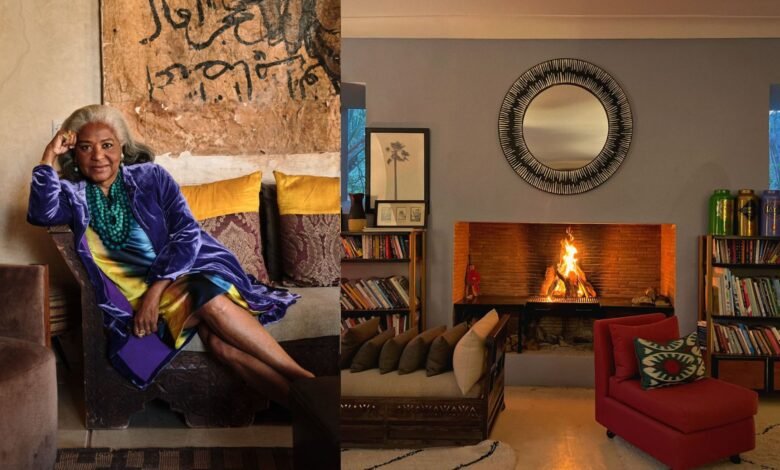
Interview by DBM
Can you tell us how the Jnane Tamsna adventure began—especially given your background in international law?
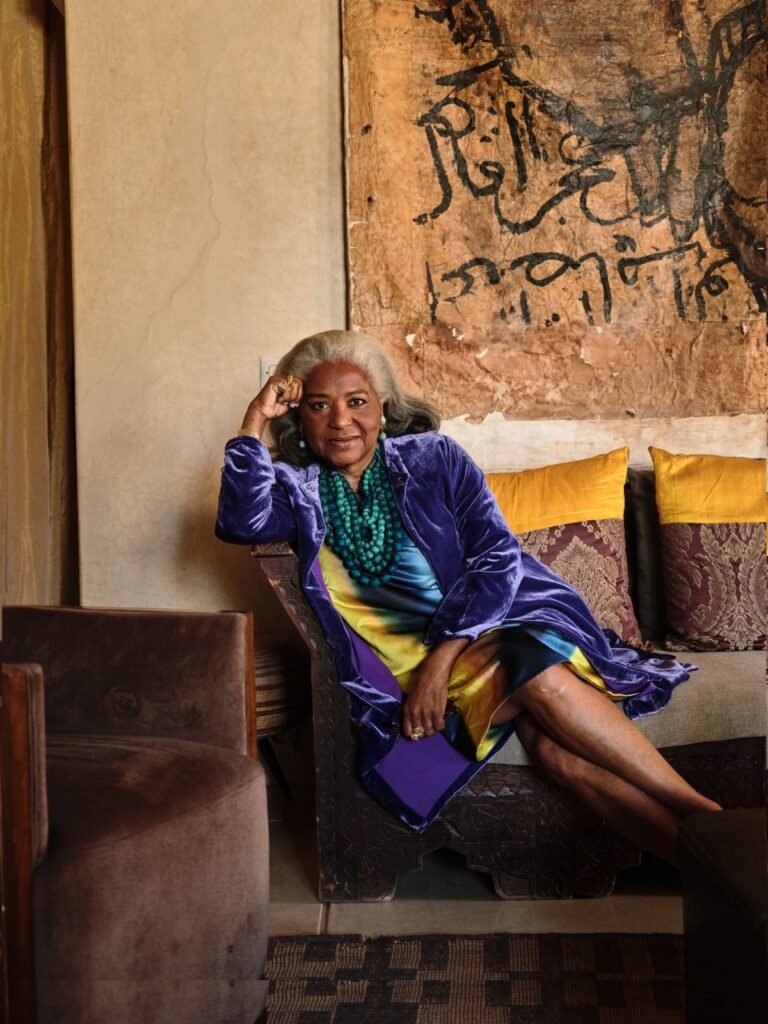
Yes, that’s right—I was a practicing lawyer in Paris. But since childhood, I’ve had a passion for architecture. I come from a very multicultural background and have travelled widely. What fascinated me most was how architecture reflects a culture. In 1986, I had the opportunity to build a holiday home for my family in Morocco—and that’s where it all started.
I felt frustrated not being able to fully express my love for architecture. So I built that first home with a business idea in mind. I went on to create several exclusive houses with full hotel service, each deeply connected to Moroccan culture. It wasn’t hospitality yet, but it looked like it.
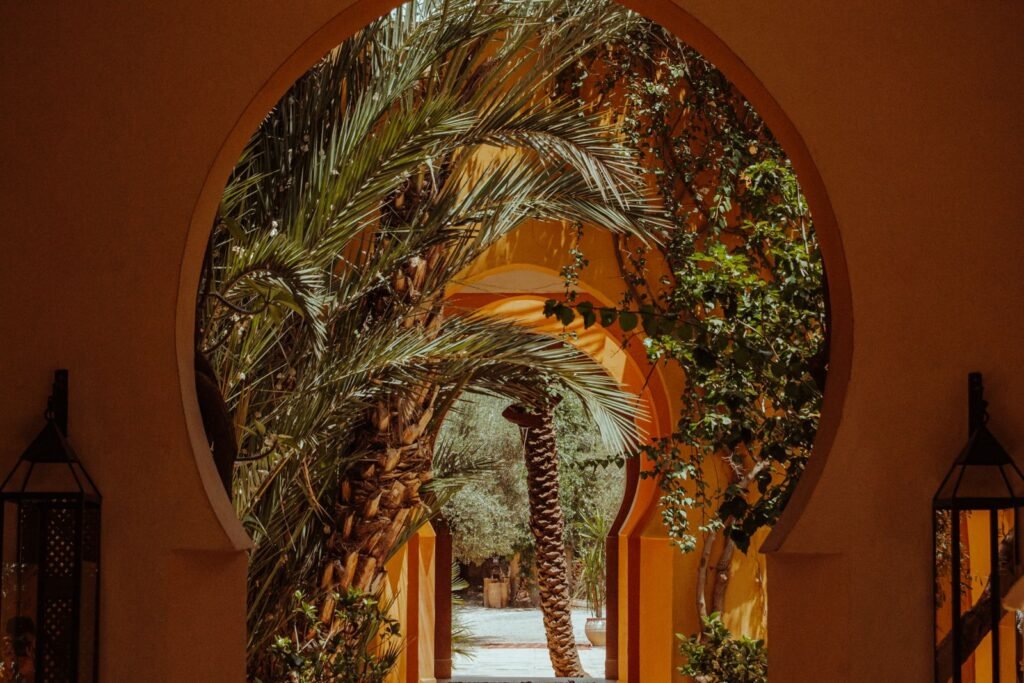
The success was immediate and unexpected. My first guest was Brad Pitt, and he spread the word in Hollywood that this was how to experience Morocco. The rest followed through word-of-mouth. I was still a lawyer in Paris, but already training staff in this very specific kind of product. Then came the 1995 Juppé strikes in France, and I asked myself, “What am I still doing here?” The following summer, my husband and I moved to Morocco permanently.
In 2000, I purchased the land where Jnane Tamsna stands today, with the vision of creating a boutique hotel deeply connected to local culture—not just the traditional aspects, but also by cultivating everything we serve. A holistic approach to culture.
You often talk about Africa’s immense creative energy. How does a boutique hotel like yours showcase that identity and creativity?
With a small structure like Jnane Tamsna, we can control every detail—the design, the partnerships, the experiences. That’s impossible in a 200-room hotel built for conferences, which can’t truly root itself in cultural context.
We weave local culture into everything—cuisine, craft, music, visual arts. That’s why we have such a loyal clientele seeking exclusive, authentic experiences. What excites me most is how a boutique hotel lets us tell a story—an African story—which is absolutely essential today.
You emphasize African storytelling. How would you define that narrative in luxury hospitality?
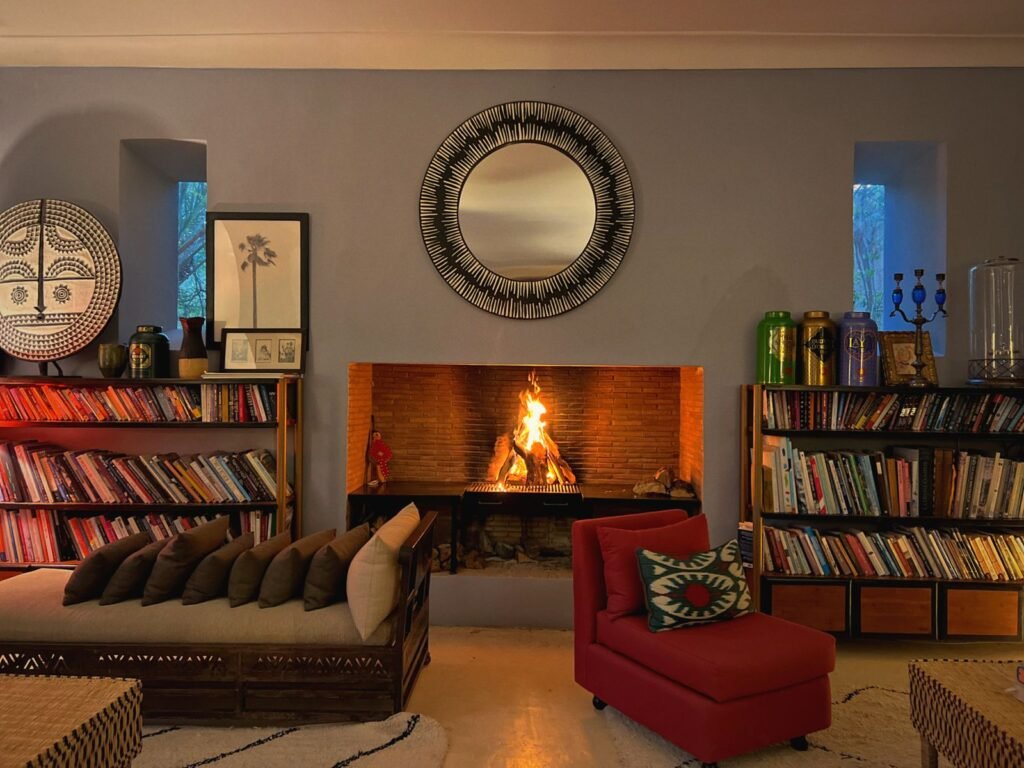
Today’s traveller is educated, well-traveled, and no longer interested in material luxury alone. True luxury lies in experience—an experience deeply tied to place. For example, we host literary events in collaboration with global publishers and bring in award-winning authors—Nobel laureates, Booker Prize winners—and offer creative workshops, like one led by an origami artist who sculpts paper with our guests.
The goal is for guests to leave enriched—with a meaningful, cultural, human experience. What’s still missing in African tourism is the recognition of the richness of urban and contemporary culture—not just safaris and beaches. In Kenya, for example, I find it essential to explore the creative energy of Nairobi—its music, its art—before spending a few days by the sea or going to a safari.
What do you see as the main obstacles to truly culturally rooted tourism in Africa?
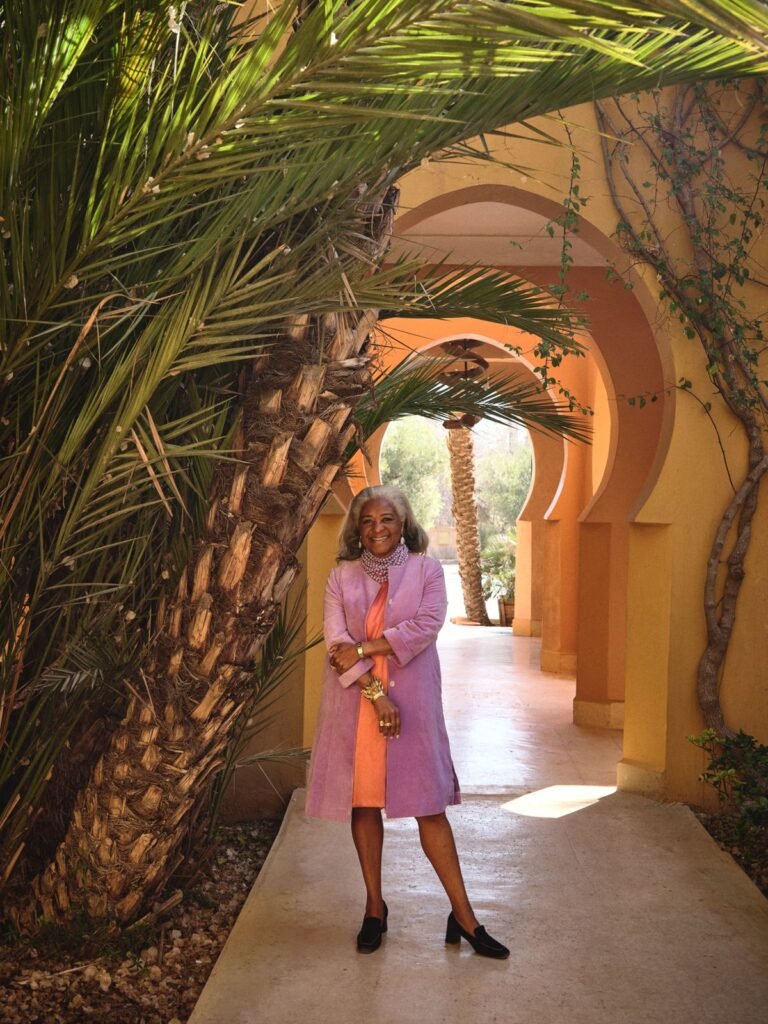
For a long time, colonial legacies have erased cultural appreciation from African destinations. Too often, Africa is marketed solely for safaris and beaches, while its living, urban, contemporary cultures are overlooked.
Another major issue is ownership. Most high-end lodges in Kenya or South Africa are owned by people outside the local culture. That prevents the real promotion of contemporary African art or local cultural practices. Many hotel investors in Africa approach the industry solely through a financial lens, without considering the social or cultural impact their establishments could have—or the importance of supporting local cultural institutions and education.
How do you personally engage in this cultural dynamic?
I work closely with artisans—particularly women—who hold traditional skills such as embroidery , for example,but need guidance to align their work with international market tastes. For instance, I once attended a fair organized by the Peace Corps, where women showcased magnificent embroidery—but in colors that simply wouldn’t sell.
That kind of aesthetic support is key, because tourism is a strategic sector in Africa, just like agriculture—it generates growth and, above all, jobs for women and youth. My commitment is to support these local skills and contribute to a form of responsible tourism that both creates employment and celebrates culture.






